Publications
Articles, publications, books, tools and multimedia features from the U.S. Institute of Peace provide the latest news, analysis, research findings, practitioner guides and reports, all related to the conflict zones and issues that are at the center of the Institute’s work to prevent and reduce violent conflict.
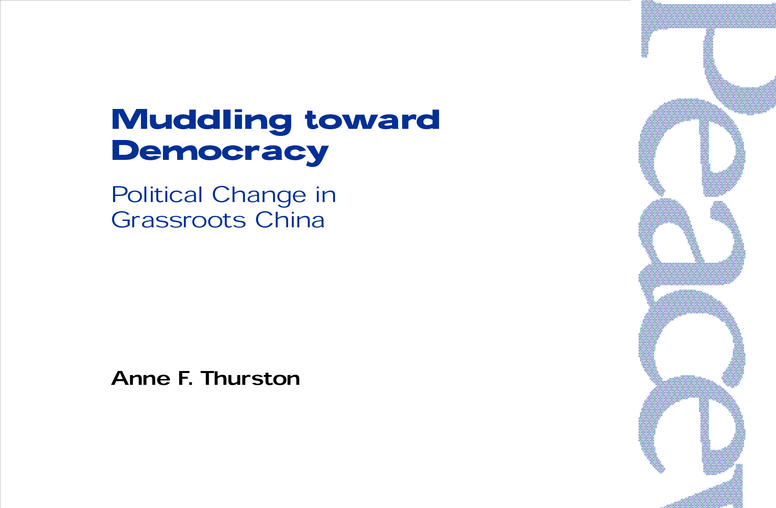
Muddling toward Democracy: Political Change in Grassroots China
Among the most significant political reforms implemented by the Chinese government since 1989 is the introduction of competitive elections into rural villages. This study, based largely on fieldwork conducted between 1995 and 1997, examines China's efforts to bring competitive elections to the country's rural areas and attempts to explain why local democracy has proved more successful in some places than in others.
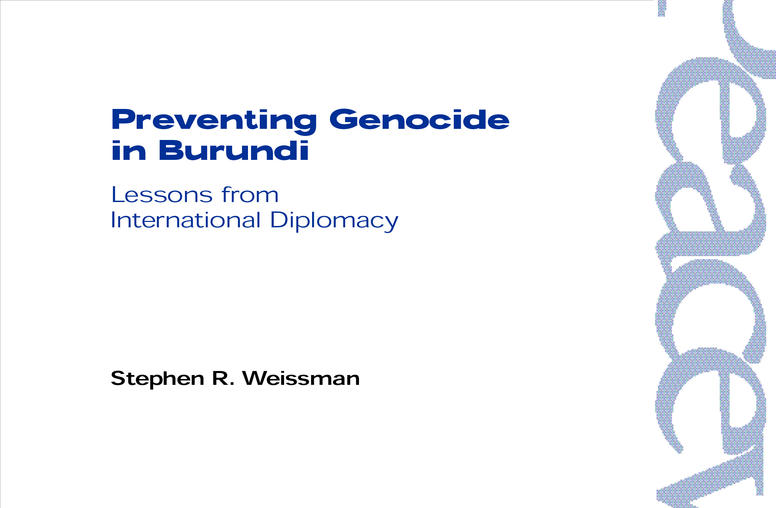
Preventing Genocide in Burundi: Lessons from International Diplomacy
Since 1993, interethnic violence between the 15 to 20 percent Tutsi minority and the 80 to 85 percent Hutu majority in Burundi has taken an estimated 150,000 lives. An examination of the international response to the crisis furnishes valuable lessons for peacemaking in Burundi and other areas of genocidal conflict.
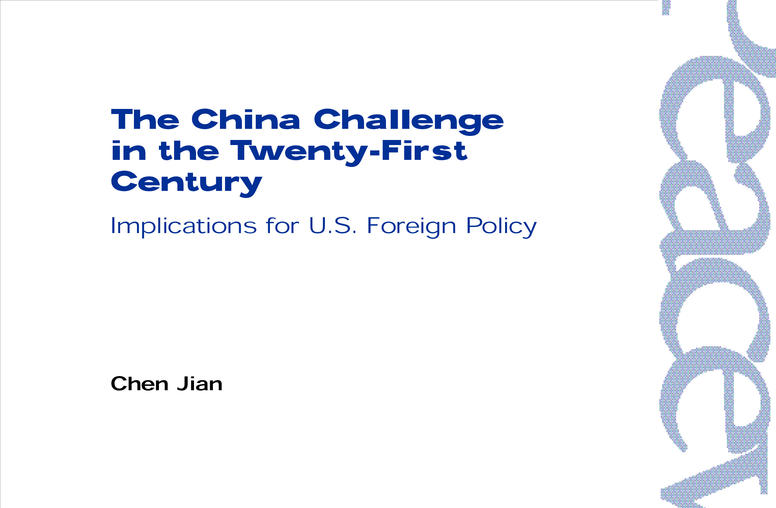
The China Challenge in the Twenty-First Century: Implications for U.S. Foreign Policy
Despite Asia's current financial crisis, China's rapid economic growth raises the question of whether or not it will emerge as a dominant regional power, or even a hegemonic world power, in the twenty-first century. For many in the West and in China's neighboring countries, this prospect is very troublesome.
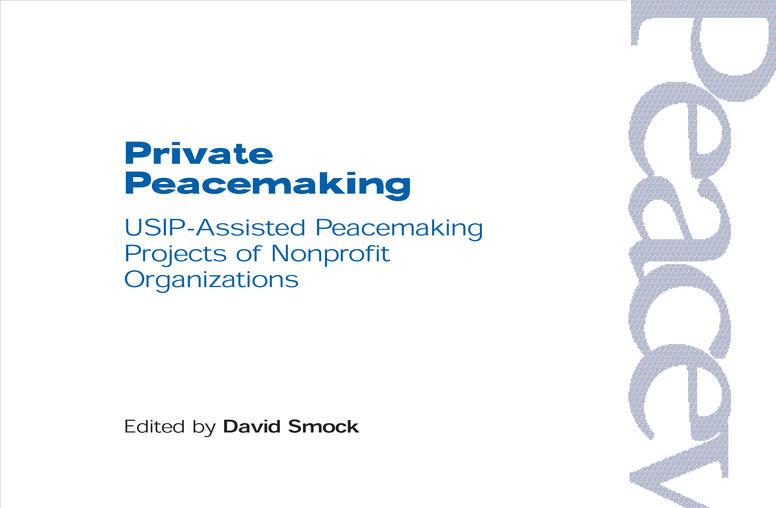
Private Peacemaking: USIP-Assisted Peacemaking Projects of Nonprofit Organizations
The peacemaking activities described here have been targeted on conflicts in East Timor, the Middle East, Georgia and South Ossetia, the Transcaucasus, Sri Lanka, Northern Ireland, Algeria, Kosovo, and Bosnia. These projects have generally been pathbreaking in that new techniques and approaches to peacemaking have been employed. Several have generated valuable experiences with wide application, dramatically demonstrating how effective private organizations can be in promoting peace
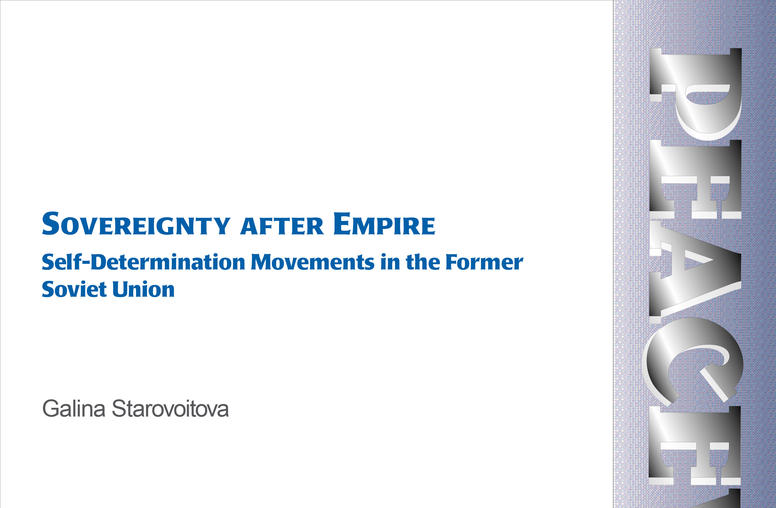
Sovereignty after Empire: Self-Determinationa Movements in the Former Soviet Union
This report examines the prominent self-determination movements in the former Soviet Union and arrives at some tentative criteria that could be used to assess their legitimacy. In contrast to futurists' visions of the "global village," where national loyalties and borders erode under the forces of globalization and decentralization, Starovoitova points to the resurgence of nationalism in the post–Cold War era, particularly on the Eurasian continent.
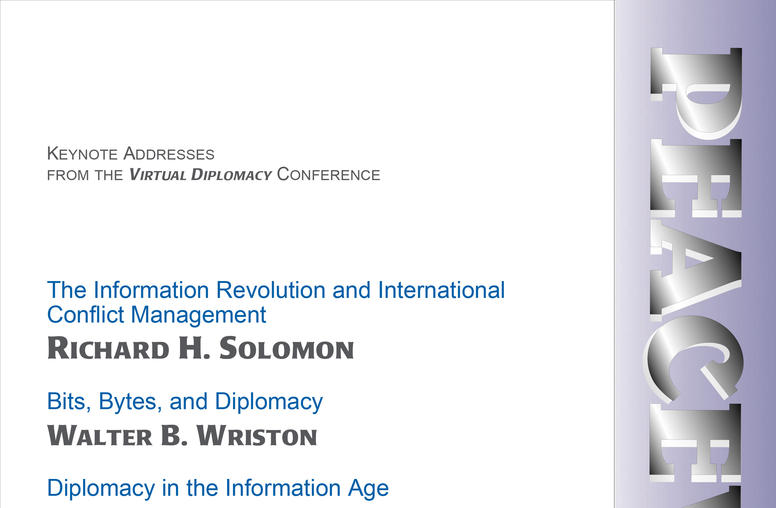
Keynote Addresses from the Virtual Diplomacy Conference
Presented in this Peaceworks is a representative portion from the conference--"Virtual Diplomacy: The Global Communications Revolution and International Conflict Management" held April 1–2, 1997. Included in the report are the conference's keynote speakers.
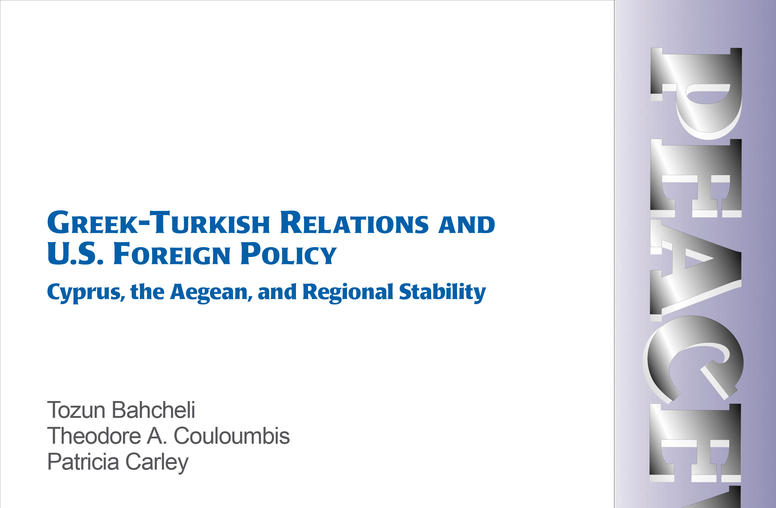
U.S. Foreign Policy and the Future of Greek-Turkish Relations
The United States Institute of Peace convened a workshop in Washington in summer 1996 that brought together Institute senior fellows. Elected participants identified possible areas of cooperation and collaboration and specific strategies of de-escalation, reconciliation, and resolution that could serve as the basis for a new era in Greek-Turkish relations. The insights and creative proposals of the participants are summarized in this report, written by Patricia Carley, program officer in the ...
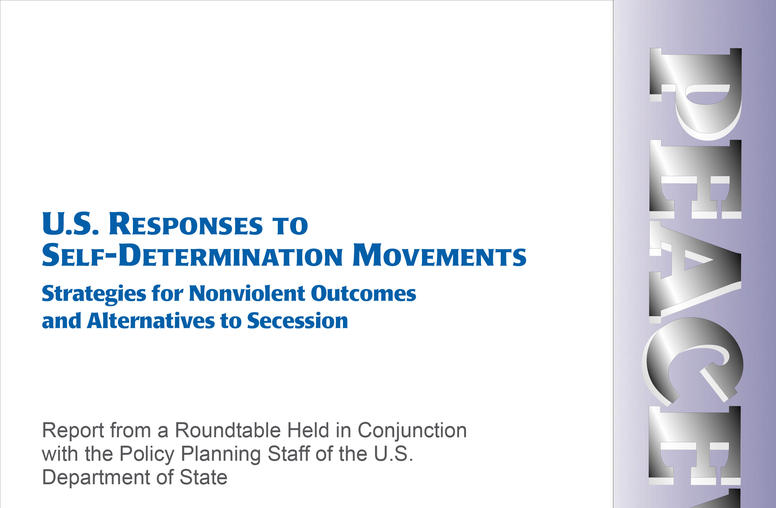
U.S. Responses to Self-Determination Movements: Strategies for Nonviolent Outcomes and Alternatives to Secession
The right to self-determination is proclaimed by numerous international documents, including the United Nations Charter and the Helsinki Final Act. However, this right has never been precisely defined and has thus come to denote different things to different peoples and governments at different times.
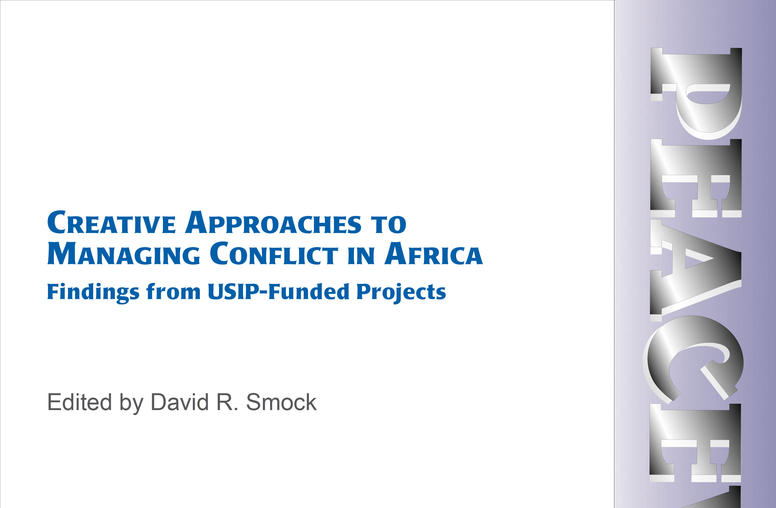
Creative Approaches to Managing Conflict in Africa: Findings from USIP-Funded Projects
The purpose of this report is to share some lessons of projects which have identified or implemented innovative approaches to managing Africa's conflicts, and examine their potential applicability to other conflicts there or elsewhere.
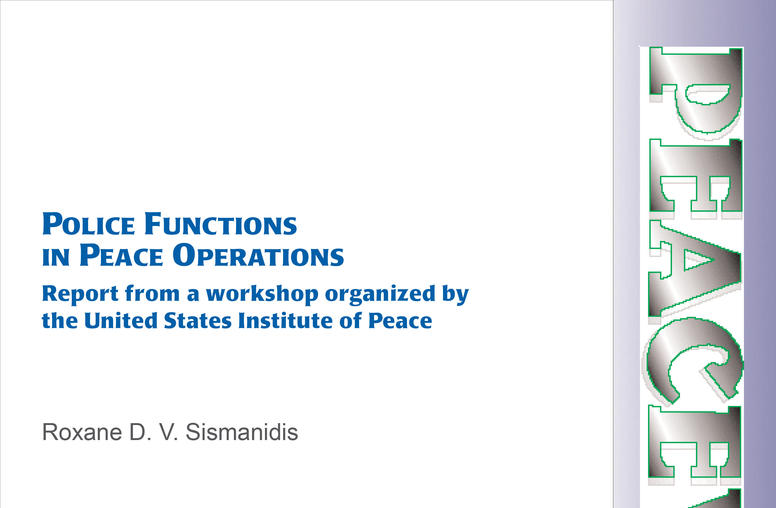
Police Functions in Peace Operations: Report from a workshop organized by the United States Institute of Peace
Much of the current debate on police functions in peace operations is informed by a distinct set of strategic and policy concerns that have acquired special prominence in the 1990s, as these operations have grown increasingly complex because of their deployment in countries whose societies have completely collapsed. The United States Institute of Peace decided to address these issues in view of its ongoing work on the rule of law and other postconflict issues.